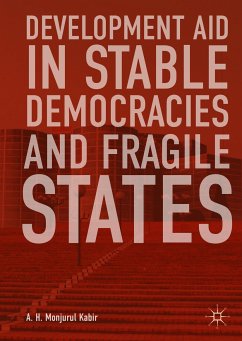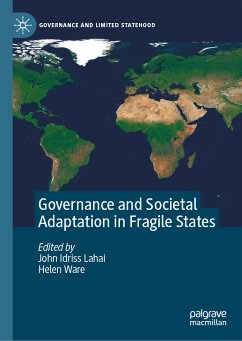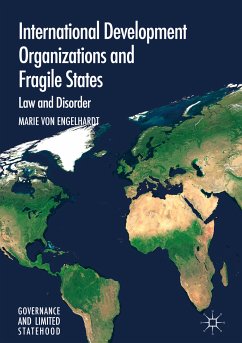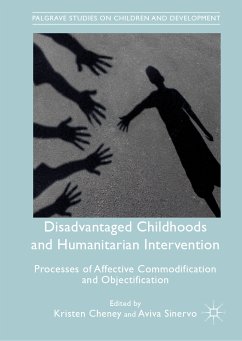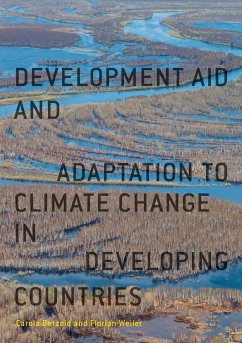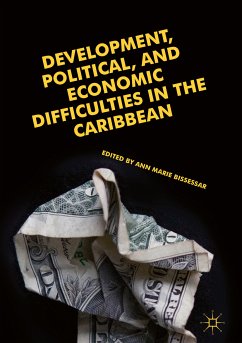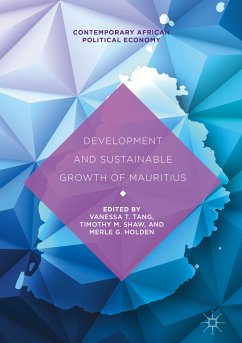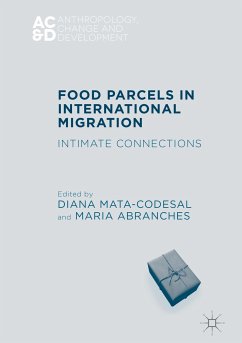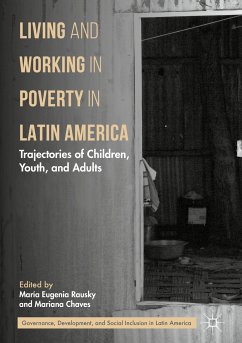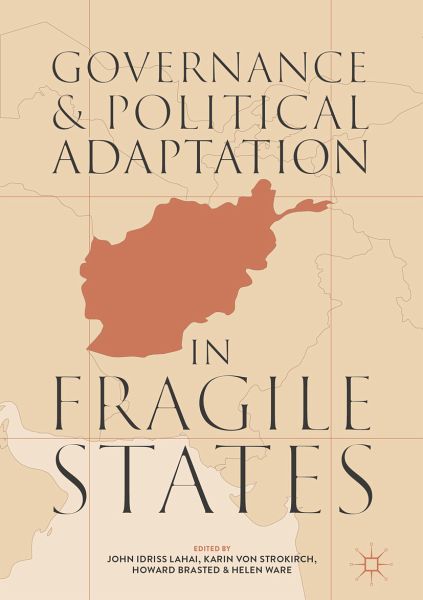
Governance and Political Adaptation in Fragile States (eBook, PDF)
Versandkostenfrei!
Sofort per Download lieferbar
68,95 €
inkl. MwSt.
Weitere Ausgaben:

PAYBACK Punkte
34 °P sammeln!
The book examines the various ways that fragile states (or states with limited statehood) in Africa, Asia, the Pacific, and the Americas have adopted, and adapted to, the processes of liberal political governance in their quests to address the problem of political fragility. It presents the stories of resilience in the political adaptation to Western liberal conceptions of governance. In addition to singular or comparative country case studies, this project also examines the interplay of culture, identities, and politics in the creation of people-centric governance reforms. Towards these ends,...
The book examines the various ways that fragile states (or states with limited statehood) in Africa, Asia, the Pacific, and the Americas have adopted, and adapted to, the processes of liberal political governance in their quests to address the problem of political fragility. It presents the stories of resilience in the political adaptation to Western liberal conceptions of governance. In addition to singular or comparative country case studies, this project also examines the interplay of culture, identities, and politics in the creation of people-centric governance reforms. Towards these ends, this volume sheds light on weak states' often constructive engagement in the promotion of state governance with a variety of political conditions, adverse or otherwise; and their ability to remain resilient despite the complex political, sociocultural, and economic challenges affecting them. Through a multidisciplinary approach, the authors aim to counter the noticeable shortcomings in the discursive representations of fragility, and to contribute a more balanced examination of the narratives about and impact of political adaption and governance in people's lives and experiences.
Dieser Download kann aus rechtlichen Gründen nur mit Rechnungsadresse in A, B, BG, CY, CZ, D, DK, EW, E, FIN, F, GR, HR, H, IRL, I, LT, L, LR, M, NL, PL, P, R, S, SLO, SK ausgeliefert werden.



